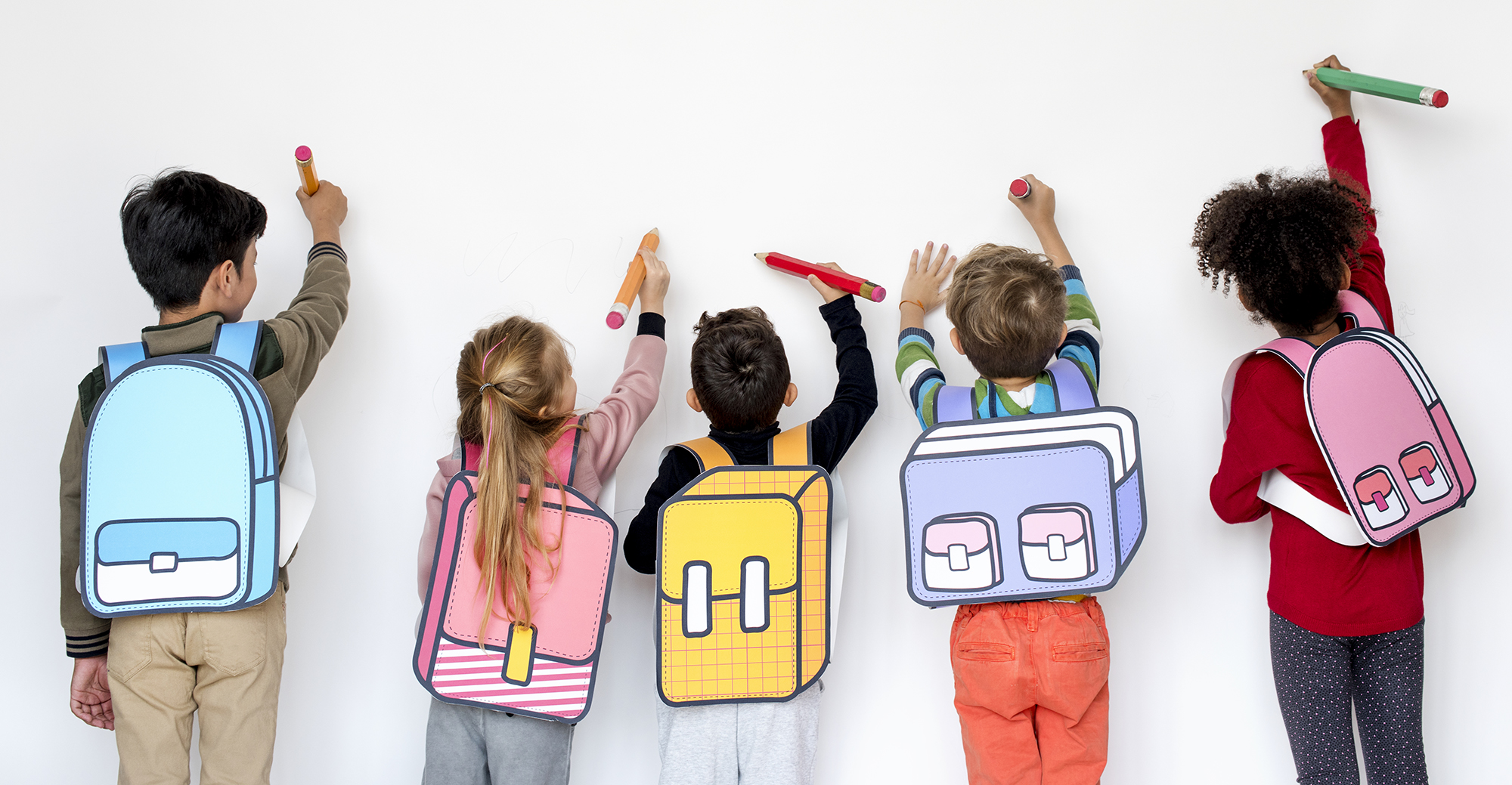- 14 3402-5578
- Rua Hygino Muzy Filho, 737, MARÍLIA - SP
- contato@latinoobservatory.org
 Imagem de rawpixel.com no Freepik
Imagem de rawpixel.com no Freepik
A publisher of state-of-the-art curriculum and school evaluation programs in the U.S., Amplify, has published a research summary with national data entitled “Middle-of-year data show that academic recovery continues in early literacy, with Black and Hispanic students making the greatest gains”.
According to the Associated Press, “The data shows that students across the country continue to make meaningful progress in early literacy. These successes are especially evident in the lower elementary grades. Further, the measurable disparities in achievement between Black and Hispanic students and their white and Asian peers have narrowed since the prior year. Despite this progress, in every elementary grade, the students at the greatest risk for not learning to read are performing worse than they were in the middle of the 2019–2020 school year. In particular, third graders, the cohort of students with the most impacted instructional time from the pandemic, experienced no improvement from the prior school year, signaling the importance of uninterrupted instructional time that is based in the Science of Reading”.
“Literacy is a fundamental human right, and evidence-based literacy instruction is an imperative for lifelong success”, says Susan Lambert, chief academic officer of elementary humanities at Amplify. “Our nation’s students have experienced unprecedented learning disruptions over the last three years. The way forward is clear — evidence-based practices, like the Science of Reading, must guide our nation’s literacy recovery to help all of our children become confident readers”.
“Despite recent progress, literacy rates in the United States remain a crisis today. There are still too many students at risk of failing to read proficiently by the end of the third grade, an important indicator of future academic success. Educators serving students in grades K–3 need continued support to help students that are most at risk”, according to the same publication.
The research summary commends the reference data of the 8th edition of mCLASS® with DIBELS® (Dynamic Indicators of Early Literacy Basic Skills) for the 2019–20, 2020–21, 2021–22 and 2022–23 school years. Of more than 2 million students evaluated with mCLASS, approximately 300,000 students in a combined set of 1,400 schools in 43 states are represented. Schools in the source data are slightly more likely to be in large metropolitan urban areas than in the country as a whole.
Data was collected through the mCLASS platform, which automates DIBELS® data collection. DIBELS is a widely used series of short tests developed by the University of Oregon that assess K-8 literacy. It is an observational assessment collected by teachers interacting with students individually, live or by video. DIBELS is typically administered three times a year (start, middle, and end of the year) and is used to identify reading difficulties, monitor progress, and inform instruction, especially for readers with difficulties.











